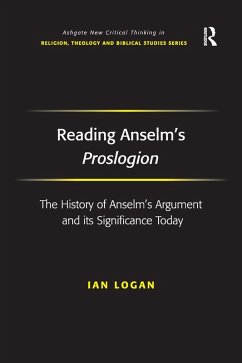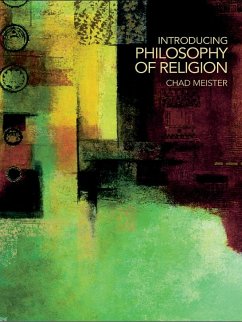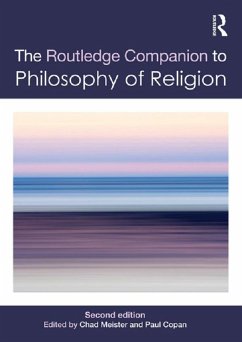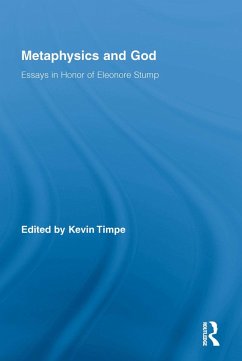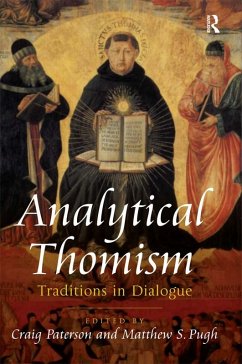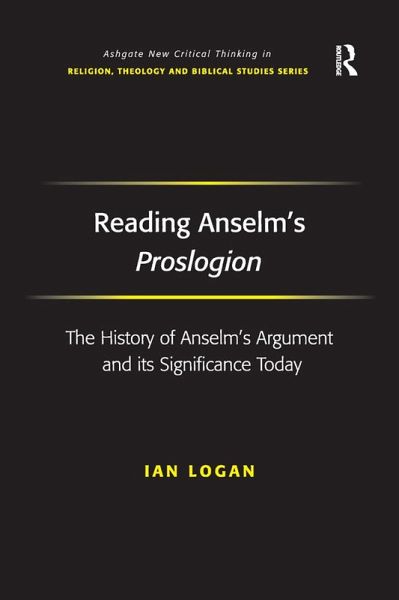
Reading Anselm's Proslogion (eBook, ePUB)
The History of Anselm's Argument and its Significance Today
Versandkostenfrei!
Sofort per Download lieferbar
52,95 €
inkl. MwSt.
Weitere Ausgaben:

PAYBACK Punkte
26 °P sammeln!
Anselm's Proslogion has sparked controversy from the time it was written (c.1077) to the present day. Attempts to provide definitive accounts of its argument have led to a wide and contradictory variety of interpretations. In this book, Ian Logan goes back to basics, to the Latin text of the Proslogion with an original parallel English translation, before tracing the twists and turns of this controversy. Helping us to understand how the same argument came to be regarded as based on reason alone by some and on faith alone by others, as a logically sound demonstration by its supporters and as fa...
Anselm's Proslogion has sparked controversy from the time it was written (c.1077) to the present day. Attempts to provide definitive accounts of its argument have led to a wide and contradictory variety of interpretations. In this book, Ian Logan goes back to basics, to the Latin text of the Proslogion with an original parallel English translation, before tracing the twists and turns of this controversy. Helping us to understand how the same argument came to be regarded as based on reason alone by some and on faith alone by others, as a logically sound demonstration by its supporters and as fatally flawed by its opponents, Logan considers what Anselm is setting out to do in the Proslogion, how his argument works, and whether it is successful.
Dieser Download kann aus rechtlichen Gründen nur mit Rechnungsadresse in A, B, BG, CY, CZ, D, DK, EW, E, FIN, F, GR, HR, H, IRL, I, LT, L, LR, M, NL, PL, P, R, S, SLO, SK ausgeliefert werden.




